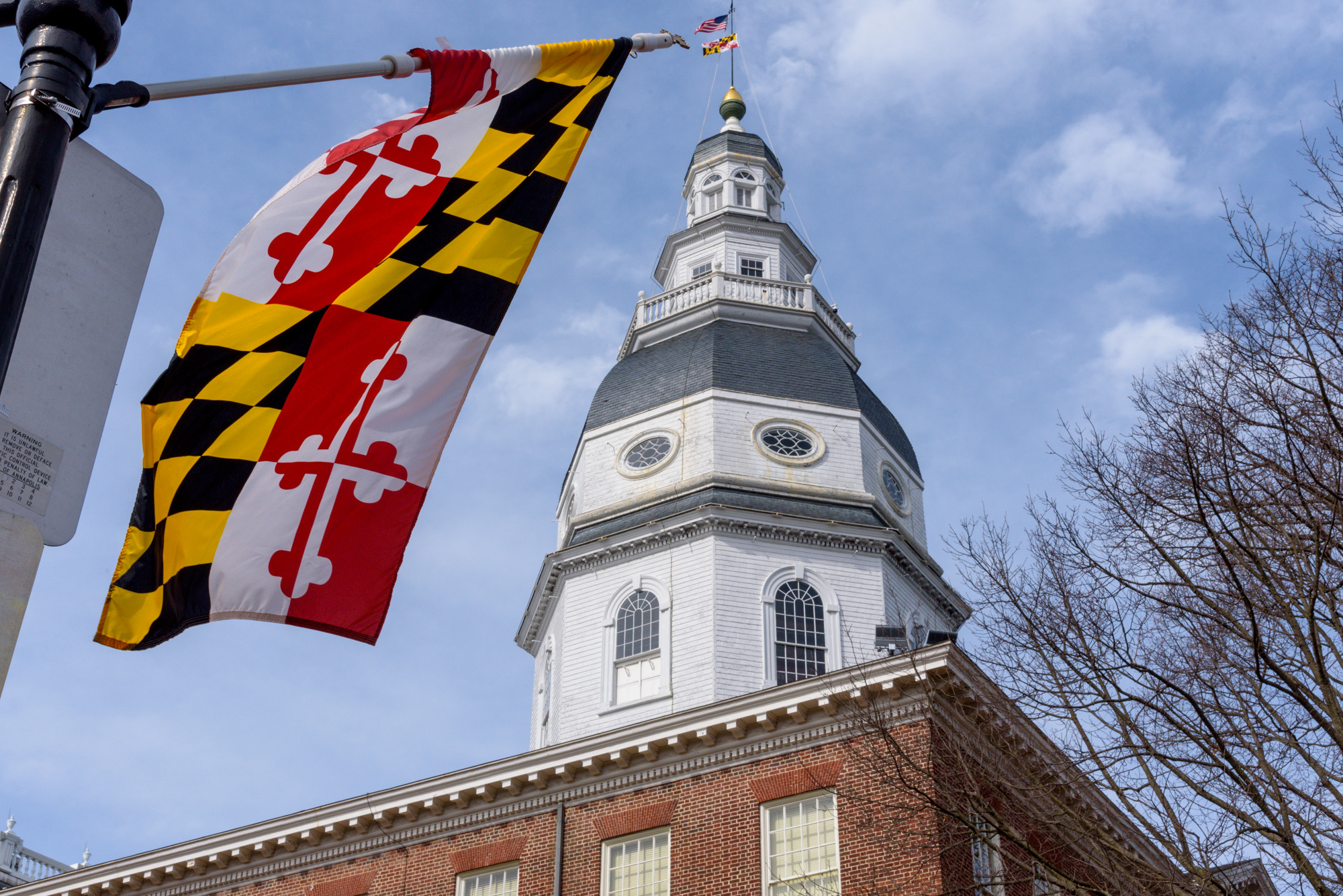Maryland Gov. Larry Hogan vetoed over 20 spending bills on Thursday, while hundreds more Senate and House bills were put into law without his signature.
After declaring on April 10 that he was “unlikely” to sign any funding bills into law at this time, Hogan vetoed a total of 22 spending bills and left about 300 bills to go into law unsigned.
Hogan said his decision to veto these spending bills was a measure to slow the current economic crisis due to the COVID-19 pandemic. The need to reserve resources for essential government functions has halted all other spending, he said, as the state expects to lose nearly $3 billion in revenue.
“The economic fallout from this pandemic simply makes it impossible to fund any new programs, impose any new tax hikes, nor adopt any legislation having any significant fiscal impact, regardless of the merits of the legislation,” Hogan wrote in a letter Thursday to House Speaker Adrienne Jones and Senate President Bill Ferguson.
One of the vetoed bills was the Blueprint for Maryland’s Future, an education reform bill designed to increase teachers’ salaries and expand early childhood education. It would’ve added $4 billion in costs to the 2030 fiscal year, funding a massive overhaul of a public education system that has not seen such fundamental change since 2002.
[Read more: Maryland passed over 650 bills last week. Here are 8 you should know about.]
Jones and Ferguson released statements criticizing Hogan’s decision to veto the bill. Jones argued educational funding is necessary for the state’s recovery post-pandemic.
“We know that there are students across this state that are losing millions of hours of learning,” Jones said in a statement Thursday. “The result of this short-sighted action is Maryland will continue to graduate students that are not ready for the real world.”
“Instead of setting us on a path to a secure recovery, the Governor is stopping all progress where it stands,” Ferguson wrote in his statement.
Hogan also vetoed a bill allocating $577 million to historically black colleges and universities in Maryland as a lawsuit settlement. A coalition of HBCUs alleged the state gave funding to programs in predominantly white colleges and universities, undermining HBCUs that were already offering similar programs without such significant funding.
However, Hogan allowed “2nd Lieutenant Richard Collins, III’s Law” to pass without his signature. The bill is named after the black Bowie State University student stabbed to death in 2017 by former University of Maryland student Sean Urbanski.
[Read more:A killing on campus: Following the trial for ex-UMD student accused of stabbing Richard Collins]
After the hate crime charge against Urbanski was dropped due to insufficient evidence that he was motivated solely by race, the General Assembly was urged to change the language in the current law so that crimes motivated even partially by hate could be tried as a hate crime.
Another bill, called Olivia’s Law, which mandates an outbreak response plan from public universities, also became law without Hogan’s signature. The bill was named after Olivia Paregol, a freshman University of Maryland student in 2018 who died from complications of adenovirus after an outbreak hit campus.
Other bills passed without signature were the Transparency Textbook Act, which would require the University System of Maryland to inform students about which courses use free or low-cost and accessible materials, and a house bill that would require the USM as well as all state government branches to apply certain requirements to sexual harassment prevention training.
Hogan spent the rest of Thursday sorting through about 680 bills that passed in the House and the Senate before the pandemic worsened. Along with the spending bills, he also vetoed increases on tobacco and sales taxes.



